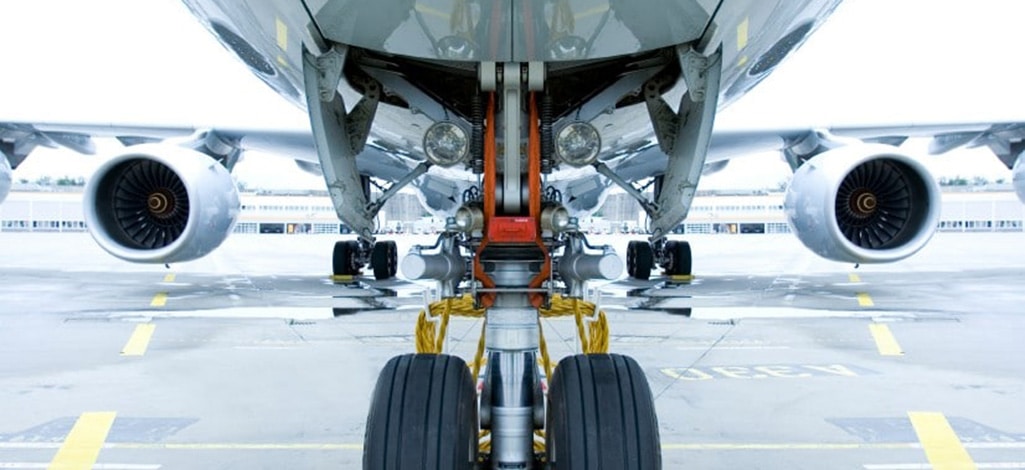The global COVID-19 pandemic has had a significant impact across all industries, but few have been affected as severely as aviation. Since mid-March, various aviation regulatory bodies have published a number of emergency interim orders and guidance materials in response to the pandemic. This article provides a brief overview of a few of the recent measures passed by the government.
Health Check
On March 27, 2020, the Minister of Transport issued an interim order requiring air carriers to take certain steps to screen passengers prior to boarding domestic flights and international flights departing Canada. Beginning on March 30, 2020, operators of domestic flights are required to notify passengers (before boarding the aircraft for a domestic flight) that they may be subject to measures implemented by provincial or territorial government to prevent the spread of COVID-19. In the case of both domestic and international flights departing Canada, operators are required to conduct a “health check” of every passenger before the passenger board the aircraft.
The health check may be administered by an airline check-in agent, asking the passenger various questions regarding potential COVID-19 exposure, or via an electronic check-in kiosk. The interim order requires the carrier to ask questions of each passenger to verify whether he or she exhibits a fever, a cough, and/or breathing difficulties. Further, the operator must ask each passenger whether he or she has been refused boarding in the past 14 days due to a medical reason related to COVID-19 and whether he or she is the subject of a provincial or local public health order. Carriers are also required to visually observe passengers, and deny boarding to any passenger who presents with COVID-19 symptoms.
If the passenger answers “yes” to any of the questions that form part of the health check, or if the carrier observes that the passenger is exhibiting symptoms of COVID-19, the carrier must refuse to board that passenger on the aircraft. A passenger who provides false answers to the health check questionnaire may be subject to a fine not exceeding $5,000 CAD. A carrier that fails to properly conduct the health check and observation obligations, or who permits a passenger to board a flight who has not passed the health check questionnaire may be subject to a fine not exceeding $25,000 CAD for each occurrence.
CTA Complaints
In the normal course, passengers may file complaints against carriers with the Canadian Transportation Agency, which has jurisdiction to hear and adjudicate such matters. However, and in response to the COVID-19 epidemic, the Agency has issued a temporary stay (suspension) of all dispute resolution proceedings until June 30, 2020. The CTA has also confirmed that certain flight delays or disruptions related to COVID-19 are “outside the airline’s control”.
Accordingly, for flight disruptions between March 13, 2020 and June 30, 2020 (which are related to COVID-19), carriers are no longer required to follow the Air Passenger Protection Regulations requirement to rebook passengers using an airline with which they have no commercial agreement. Carriers are also exempt from paying the usual levels of compensation for flight delays and cancellations that have been caused by COVID-19. Carriers are not required to respond to passenger requests for compensation under the APPRs until at least October 18, 2020.
Finally, the Agency has released a statement advising that “generally speaking, an appropriate approach in the current context [of flight cancellations due to COVID-19] would be for airlines to provide affected passengers with vouchers or credits for future travel, as long as these vouchers or credits do not expire in an unreasonably short period of time”.
The aviation industry, and the entire world, is adapting to the new realities posed by the COVID-19 pandemic. Over the coming weeks and months, we will highlight some of the aviation related regulatory changes on our blog. Please check the Transport Canada and CTA website for the most up-to-date information for passengers and carriers.


